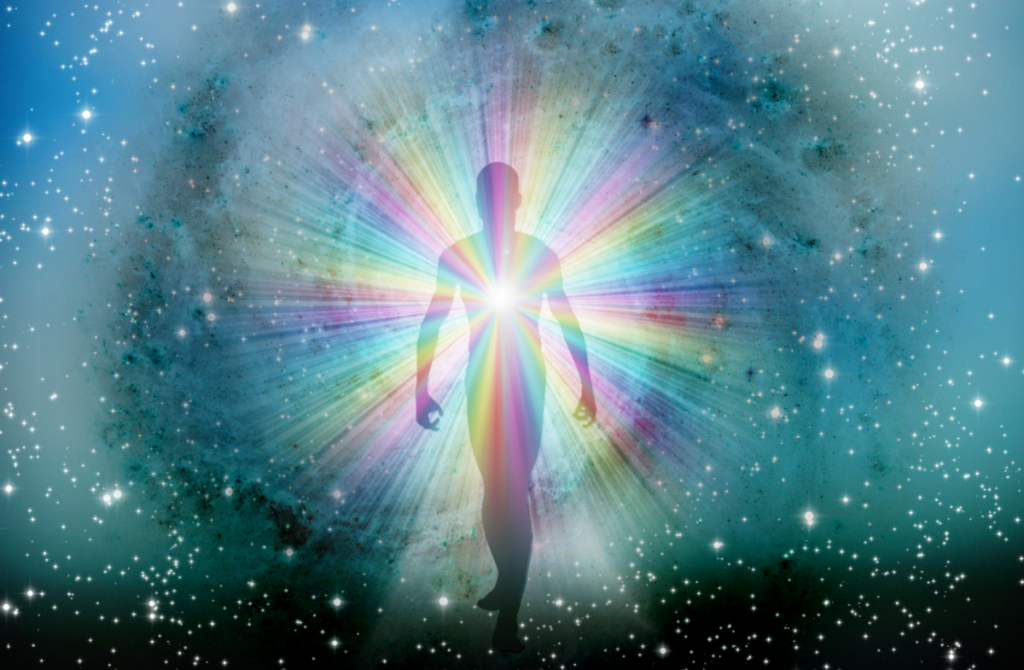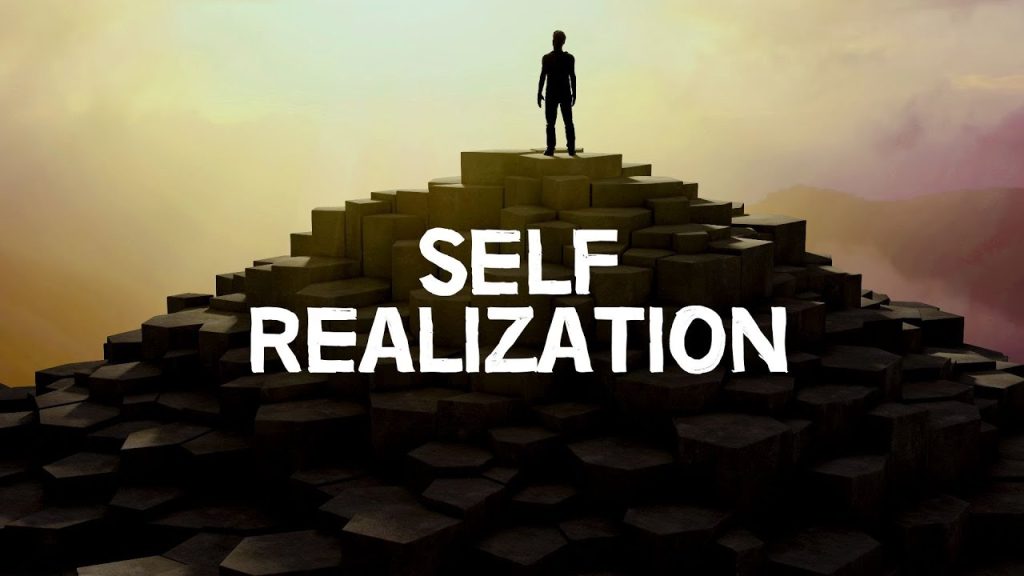In many cultures, traditions and rituals hold deep spiritual significance. One such practice is feeding crows on the death anniversary of a loved one, symbolizing the belief that departed souls visit in the form of crows. However, there are times when the crows do not come to eat. Does this mean the ritual has lost its meaning? Not necessarily. We must perform such actions with sincerity, but beyond that, the true purpose lies in self-realization.
Self-realization is the key to understanding who we truly are, not just the body but the soul that resides within. Let’s explore the importance of self-realization and how it can transform how we see ourselves and others.
Why is Self-Realization Important?
Most people identify themselves with their physical form, believing that happiness, sorrow, success, and failure all belong to the body. This attachment to the physical world leads to desires, emotions, and reactions that shape our experiences. However, the truth is that we are not merely bodies we are souls.
Self-realization helps us:
- Distinguish between the body, mind, and soul
- Overcome the limitations of physical existence
- Develop a deeper sense of peace and detachment from material desires
- See others beyond their external appearance
Understanding the Body, Mind, and Soul
To achieve self-realization, we must learn to perceive life from three different perspectives:
1. Seeing as the Body
- When we identify only with the body, we experience pleasure and pain through physical senses.
- Lust, desire, and attachment arise because we see others in terms of their physical form.
- This creates a dual mindset of positive and negative experiences—attraction and repulsion, happiness and sorrow.
2. Seeing as the Mind
- When we shift focus to the mind, we start understanding good and bad, right and wrong.
- The mind holds thoughts, emotions, and judgments.
- Though an improvement from the body-conscious view, it is still influenced by perceptions and conditioning.
3. Seeing as the Soul
- This is the ultimate state of realization.
- The soul is beyond the temporary experiences of the body and mind.
- When we see others as souls, we act selflessly, free from personal desires or judgments.
- This leads to inner peace, spiritual growth, and divine consciousness.

How to Achieve Self-Realization?
Many wonder how to shift their perspective from the body to the soul. It requires conscious effort and practice. Here are some steps to help:
1. Visualizing Yourself as a Soul
- Close your eyes and imagine yourself not as a body but as pure energy or consciousness.
- Feel the presence of your soul within.
- Meditate on the thought that you are eternal, beyond physical limitations.
2. Training the Mind to See Beyond the Body
- When you open your eyes, your senses automatically perceive people as physical beings.
- Remind yourself internally: “I am seeing a soul, not just a body.”
- Gradually, this practice will train your mind to look beyond physical appearances.
3. Bypassing Lust, Desire, and Attachments
- Whenever lust, desire, or attraction arises, recognize that it happens because of body-conscious thinking.
- Shift your focus to the soul-conscious perspective, where attachments lose their grip.
- This detachment does not mean indifference but rather an understanding of a higher purpose and divine connection.
Transforming Your Perspective for a Higher Purpose
The journey of self-realization is about moving beyond physical identification and recognizing the soul within. When you see others as souls, compassion replaces judgment, selflessness replaces desire, and divine consciousness replaces worldly attachments.
By training the mind to bypass the body’s influence, we become free from unnecessary suffering and gain a deeper connection with the divine. The ultimate goal is not just to exist but to transcend to realize our true nature and embrace a higher state of being.
Self-realization is the path to inner peace, spiritual awakening, and a life filled with true purpose. The sooner we shift our awareness from the body to the soul, the closer we come to experiencing the divine within ourselves and others.

